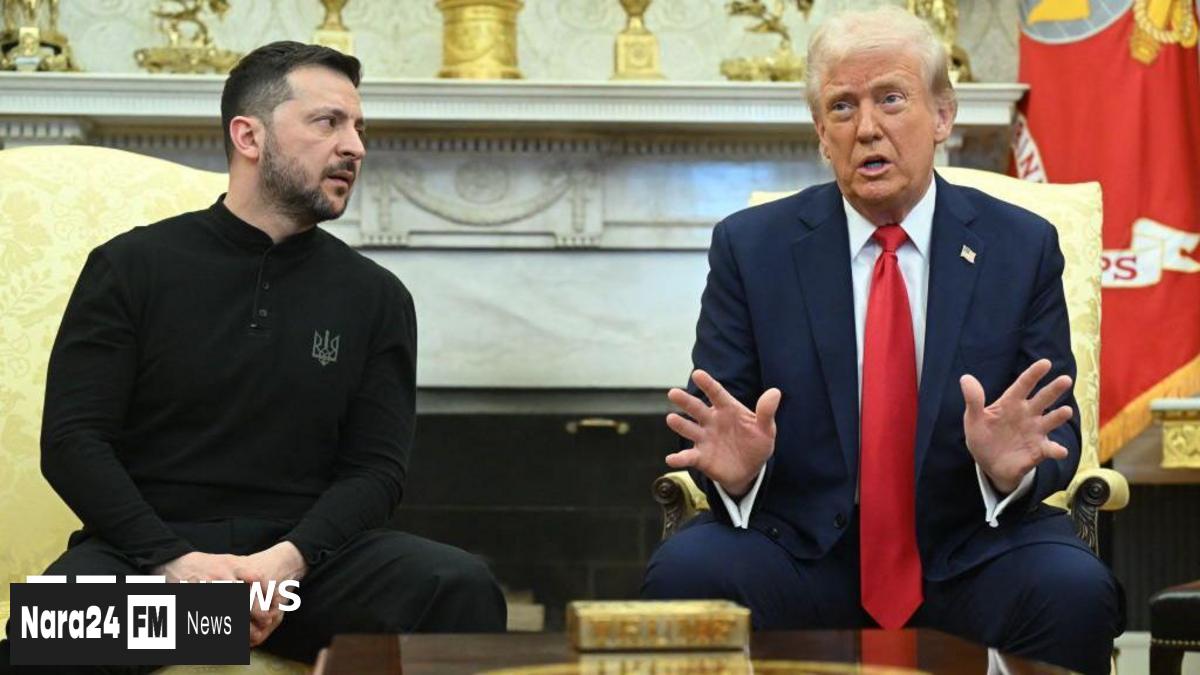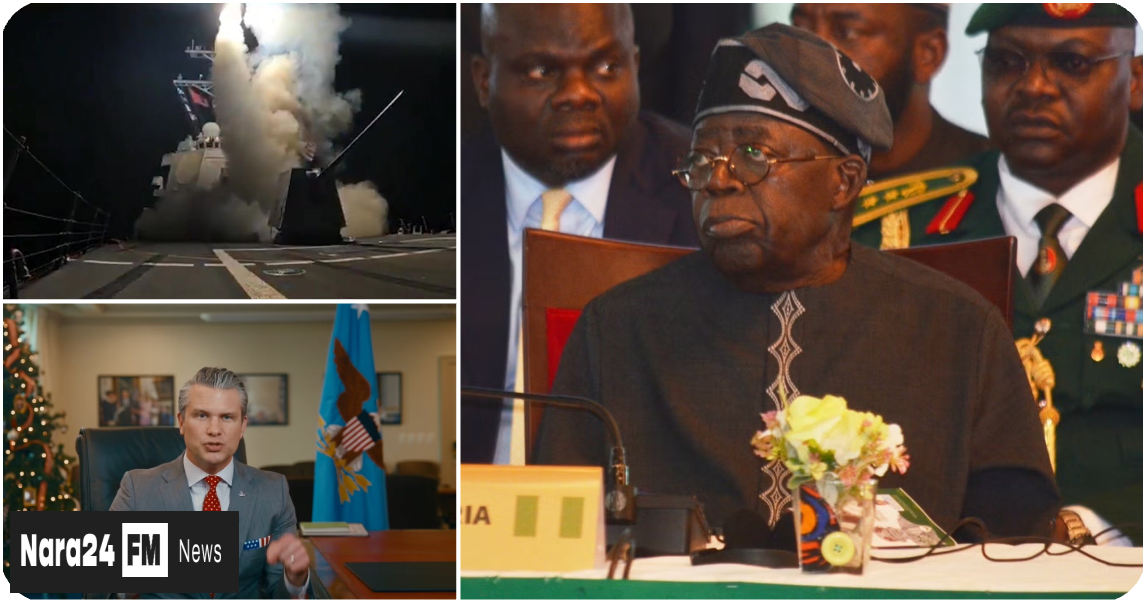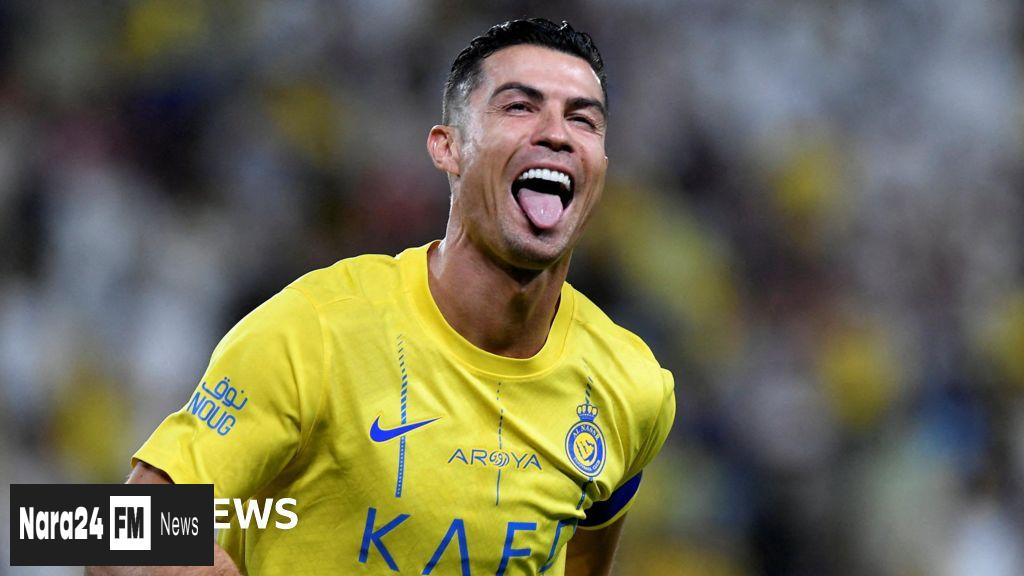In This Article
- Trump's Pivot on Ceasefire
- Russian Conditions and Concerns
- Military Experts' Worries
- Analysts' Skepticism
- Diplomatic Fallout and Disappointment
- Efforts to Salvage Diplomatic Progress
Key Takeaways
- Trump's pivot away from pushing for an immediate ceasefire has raised concerns in Kyiv and Europe.
- Russia insists on a ceasefire within a broader settlement framework that considers its interests, contradicting Ukraine's demand for an unconditional ceasefire.
- The delay in implementing a ceasefire could give Russian President Putin more time on the battlefield, worrying military experts.
- Analysts are skeptical about the feasibility of Russia's territorial demands and question the consistency of US foreign policy under Trump.
- Efforts are being made to salvage diplomatic progress, with European leaders emphasizing the importance of involving Ukraine in discussions about its future.
US President Donald Trump's decision to pivot away from pushing for an immediate ceasefire, despite prior indications, has stirred concern in Kyiv and across Europe. The absence of Ukrainian President Volodymyr Zelensky from the negotiations in Alaska made the outcome of the talks more uncertain.
Russia has consistently maintained that a ceasefire should only occur within the framework of a broader settlement that considers Russian interests, a stance seemingly endorsed by Trump once more. This move, which contradicts Ukraine's primary demand for an unconditional ceasefire, has raised worries among European allies.
Reports suggest that Russia's conditions include the withdrawal of Ukrainian forces from areas in the eastern Donbas not under Russian control, in exchange for freezing the conflict in other regions. Trump's remarks on social media about the unreliability of ceasefires have added to the apprehension in Kyiv.
The delay in implementing an immediate ceasefire could provide Russian President Vladimir Putin with more time on the battlefield, a situation that concerns military experts. The shift in Trump's stance has been met with skepticism by analysts, who question the feasibility of Russia's territorial demands.
The aftermath of the negotiations has left Kyiv and its allies disappointed, with concerns about the potential impact on the peace process. Trump's approach has underscored his tendency to align his views with the last person he engages with, raising doubts about the consistency of US foreign policy.
Despite the setback, efforts are being made to salvage the diplomatic progress achieved in recent weeks. Zelensky's upcoming visit to Washington signifies a renewed engagement with the US, following earlier challenges in their relationship.
European leaders have reiterated the importance of involving Ukraine in discussions about its future, while acknowledging the need for security guarantees to support any potential agreement. The possibility of security assurances for Ukraine outside of NATO, inspired by the alliance's principles, was reportedly discussed in recent talks.
While Europe plays a significant role in supporting Ukraine, the ultimate security of the country will likely depend on robust backing from the US. Suggestions of US intervention in the event of a Russian attack on Ukraine have been met with skepticism, highlighting the complexities of the situation.
The evolving dynamics following Trump's decision emphasize the ongoing challenges in reaching a lasting resolution to the conflict in Ukraine, underscoring the intricate web of diplomatic negotiations and strategic interests at play.








Comments (0)
Leave a Comment
Be the first to comment on this article!